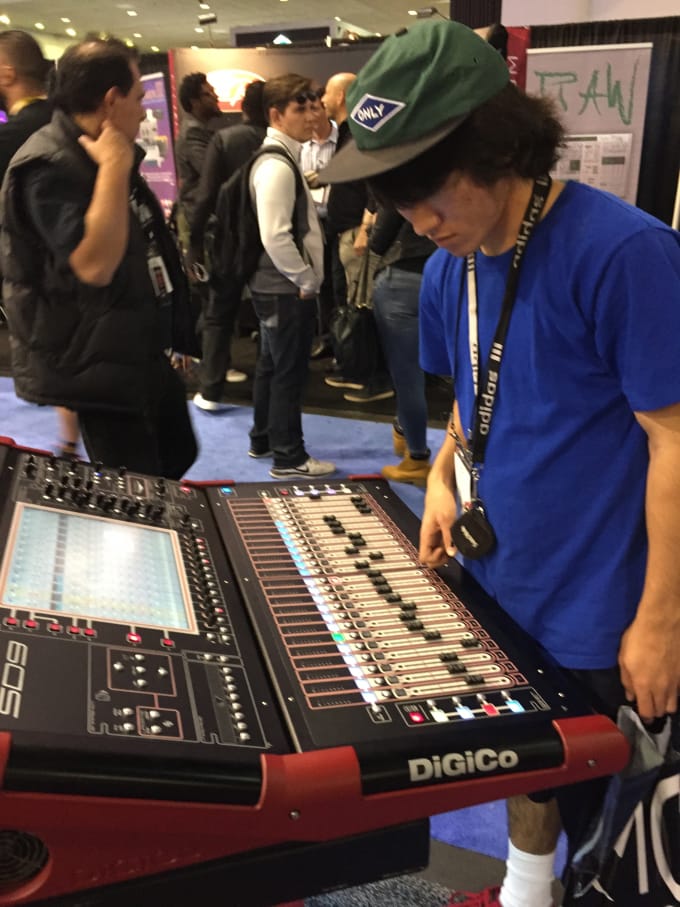

The mastering engineer’s job is not to evaluate the countless creative decisions made in a mix. Nobody knows your mix better than you do. One of the primary reasons mastering your own music is such a challenge is perspective. But even if you are a skilled mixing and mastering engineer, mastering your own mixes presents unique challenges. Meeting the need to keep expenses low and still produce a quality product can be a practical reality. Today, producers and artists alike are learning the skills of mixing and mastering to present their music in a competitive way alongside commercial recordings. In order to keep the work coming in steadily, many have crossed over their skills to learn the art of a once separate profession. A lot has changed…įast forward to the way records are often made these days, and you will find that many mixing and mastering engineers have built their own personal mix and master studios away from expensive commercial spaces. This was, of course, the era of big recording budgets. In other words, give your finished mix to a professional who has made their career practicing the art of mastering, and you will reap the rewards of their experience. The reasons are plentiful, but the most important one was that mastering was a completely different profession from that of the mix engineer. The common wisdom of the pro audio world has always been that you should never master your own mixes. Learn how to maintain perspective and objectivity when mastering your mixes. One of the first rules of music production has been to never to master your own mixes, but some rules are meant to be broken.


 0 kommentar(er)
0 kommentar(er)
